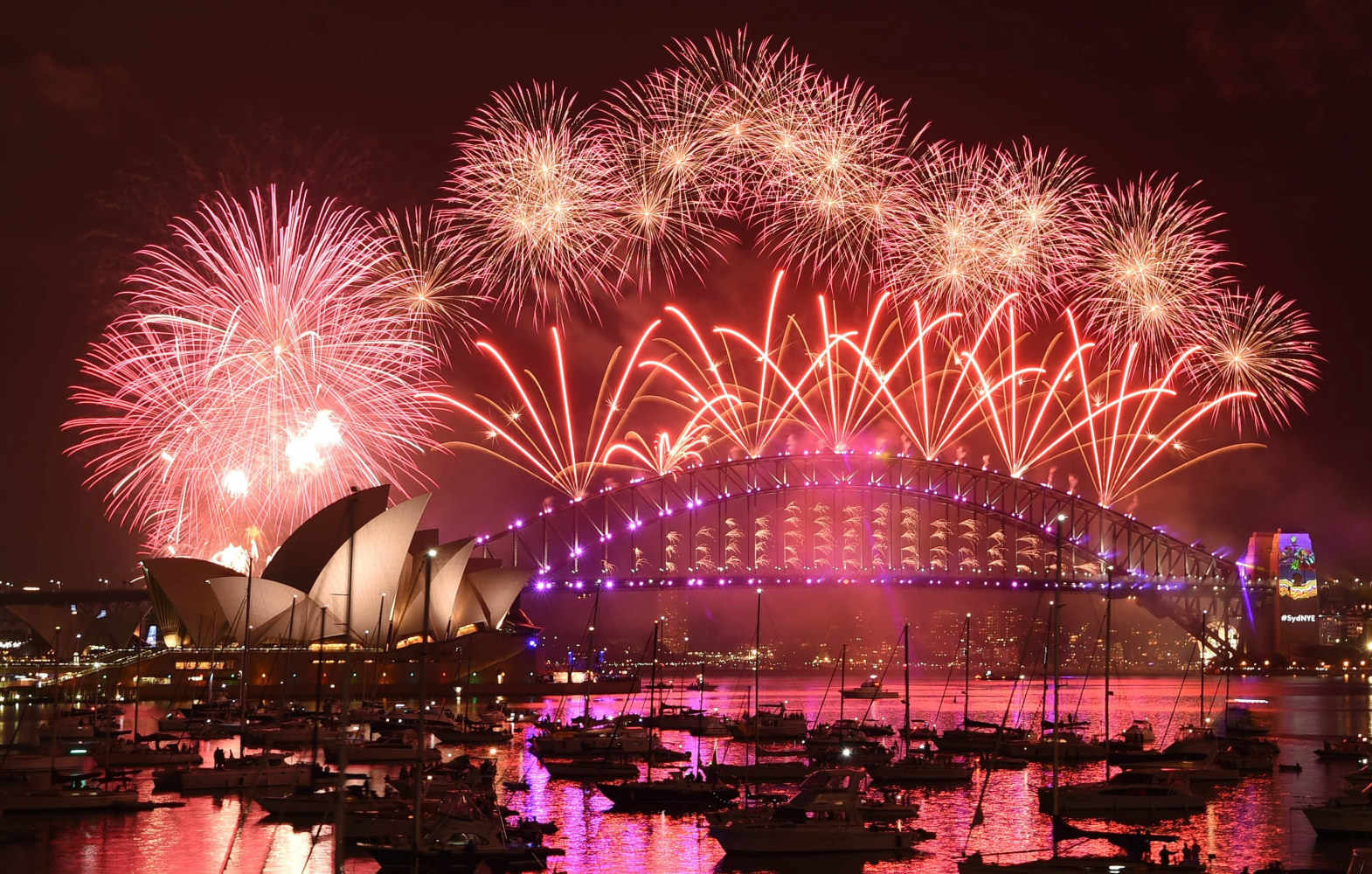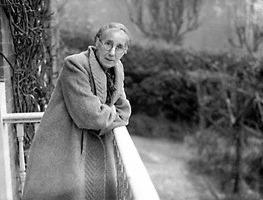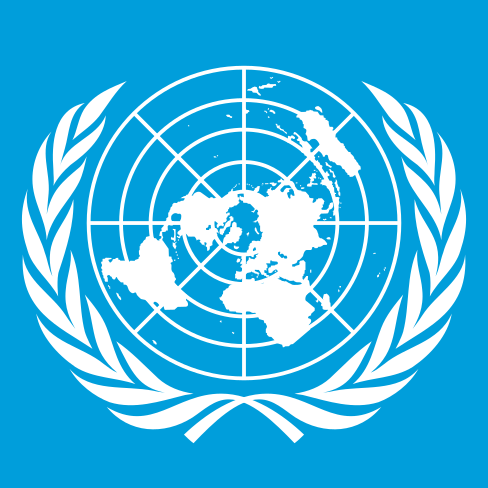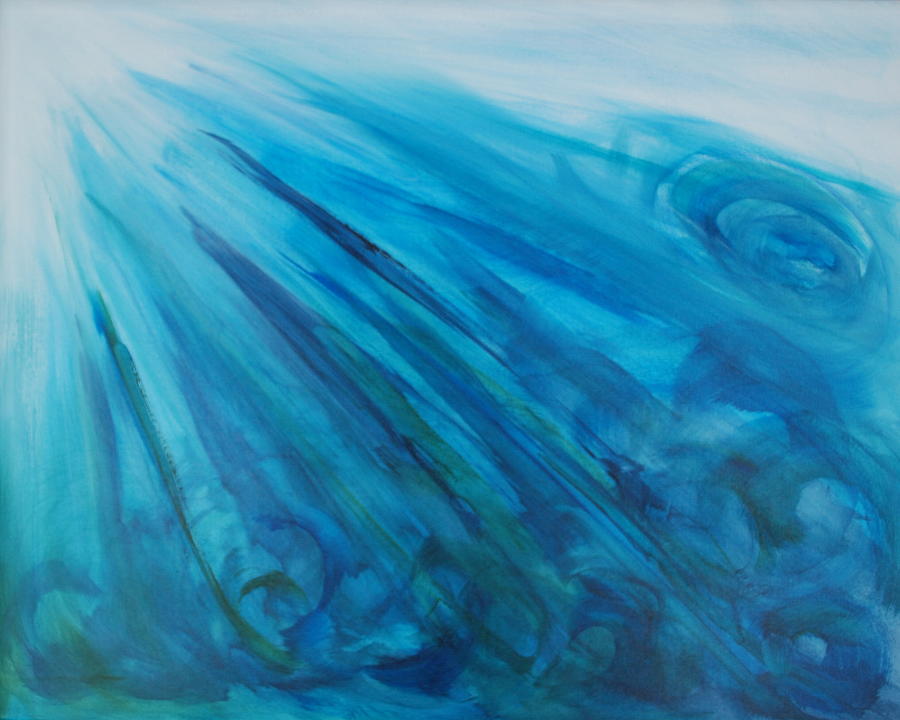The text of a sermon preached at Guildford Cathedral Evensong on 31st December 2017 - New Year's Eve and Eve of the Naming of Jesus. I'm grateful to the LSE blog for information about Minnie Louise Haskins. The texts were: Jeremiah 23: 1-6 and Colossians 2:8-17
And I said to the man who stood at the gate of the year:
“Give me a light that I may tread safely into the unknown.”
And he replied:
“Go out into the darkness and put your hand into the Hand of God.
That shall be to you better than light and safer than a known way.”
As we stand at the gate of the year, these words, first broadcast by George VI in Christmas 1938, continue to strike a chord. Then, as now, there was a veil of uncertainty over our national life. Then, as now, we long for to tread safely into the unknown. In the face of the inconstancy of our resolutions, we look for light.
New Year’s Eve seems to be met with either a degree of ambivalence or boundless enthusiasm: it’s celebrated on the banks of the Thames, amongst close friends and family, with music and dancing or alone with a glass of fizz, a favourite film or an early night.
Give me light…
Before Jools Holland opens his Annual Hootenanny, 2018 has already been greeted with fireworks from Sydney to Singapore; as the words of Auld Lang Syne fade, New York and Mexico will be counting down the final hours of 2017.
Give me light …. light that I may tread safely…
At the gate of the year, the Observer Magazine offered a round up of the most compelling stories of 2017, witnessed at first hand: from the horror of Grenfell Tower and the plight of the Rohingya people; from the Oscars to Glastonbury. The New Review steers away from Trump and Brexit and speculates about the hottest talents and trends in 2018.
And in the face of the unknown we share with Jeremiah the distress at what has been scattered or destroyed; we long for wise and just leadership, for light and for safety. At the gate of the year, we receive this reply: ‘Go into the darkness and put your hand into the Hand of God’.
We may associate them with the speech of a King, but they were penned by Minnie Louise Haskins. Today, she is remembered as an academic from the London School of Economics. As a social scientist, her professional achievements were remarkable - pursuing industrial welfare and the cooperation between employer and employee; contributing to the establishment of what we now know as the Charted Institute of Personnel and Development.
This deep concern for welfare was not merely intellectual or theoretical. It was an embodied expression of her faith in a God, into whose hands she placed her own life. Minnie’s famous words as we stand at the gate of a new year, are the preamble to a poem she wrote called God Knows. It formed part of a short collection published to raise funds. To raise funds for the Wesleyan Methodist Missionary Society whose work took her from Lambeth to India.
Minnie Louise Haskins (LSE)
Ill health prompted her return to Woolwich, where she ran a hostel for munitions workers and supervised a factory department. All this before she went to study at the LSE. It seems as Minnie routinely set out into the unknown. She lived by her own words - placing her trust in God who was ‘better than light and safer than a known way’; guiding and upholding her.
If her faith so shaped her life, it’s no wonder that a senior tutor described her as ‘a woman of unusual capacity and character … a rare understanding and sympathy and infinite patience, combined with a great deal of love and interest in people’.
Such a tribute and personal biography would stand out amongst any New Year’s Honours list. My hunch is that Minnie didn’t seek such recognition. Her story is told on the LSE website but her legacy can’t be persevered in aspic. In our generation we need to equip and pray for Christians working, like Minnie, in welfare reform and human resources, poets and academics; volunteers and missionaries at home and overseas.
Minnie’s life is a microcosm of the witness of the church: standing at the gate of the new year and facing the uncertainty with vision. In the few verses before the portion of Colossians heard this evening, Paul describes characteristics which are marks of a faithful church: a people knit together in love, with courageous hearts; people who encouraged others and were equipped with wisdom.
El Greco - St Paul
For Paul - and perhaps for Minnie - the imaginative explorations of faith and boldness in its outworking begin and end with the truth that Jesus is Lord. Like them, our faith needs to be deeply rooted and continually built up - by cultivating habits of prayer and bible reading, and the compassion and conviction of others.
On this New Year’s Eve, we celebrate the naming and circumcision of Jesus Christ: the one in whom the fullness of God dwells; the one in whom our humanity comes to fullness. In a very few verses, Paul names the one who is safer than the known way; one whose light shines in the darkness and is not overcome. This is his name: the Lord of righteousness; the promised Saviour.
At the gate of the year, we are not to be tempted by complex philosophies or superstitions; our hearts aren’t to be ruled by fake news or star signs. Our diet regimes and resolutions are but a shadow of the truth. For we are to place our trust in Christ. In baptism, we share his life, death and risen life: or as our collect puts it, the image of God in us is wonderfully restored.
We stand at the gate of the year knowing this: that trespasses have been erased. We who wound and are wounded by acts of mistrust, betrayal, selfishness and manipulation stand in the light of the cross.
And like Minnie and many others, we are invited to go out into the darkness; into the of darkness of poverty, injustice and any kind of distress; into the darkness with a light that never fails; in the power of the Spirit we are to be fruitful and multiply in acts of patience, love and welfare in the interests of others:
‘Put your hand into the Hand of God. That shall be to you better than light and safer than a known way’.
Julie Gittoes 2017 ©















